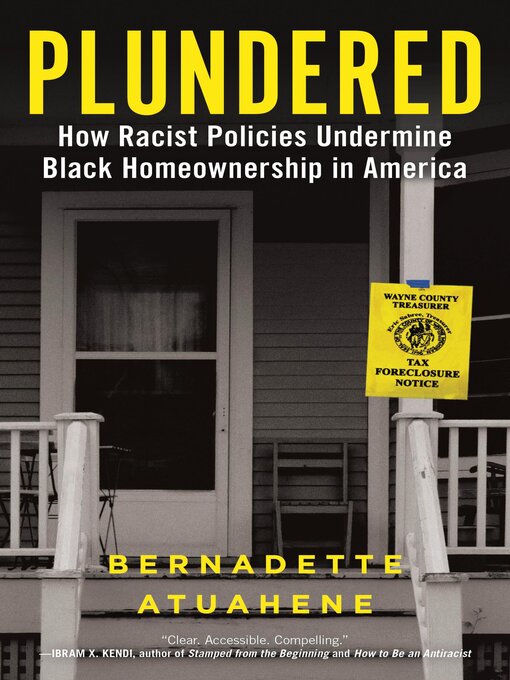- Available now
- New eBook additions
- New kids additions
- New teen additions
- Most popular
- Try something different
- Let's Visit Wakanda!
- Spanish E-Books
- Non-Fiction
- See all ebooks collections
- Available now
- New audiobook additions
- New teen additions
- Most popular
- Try something different
- Let's Visit Wakanda!
- See all audiobooks collections



